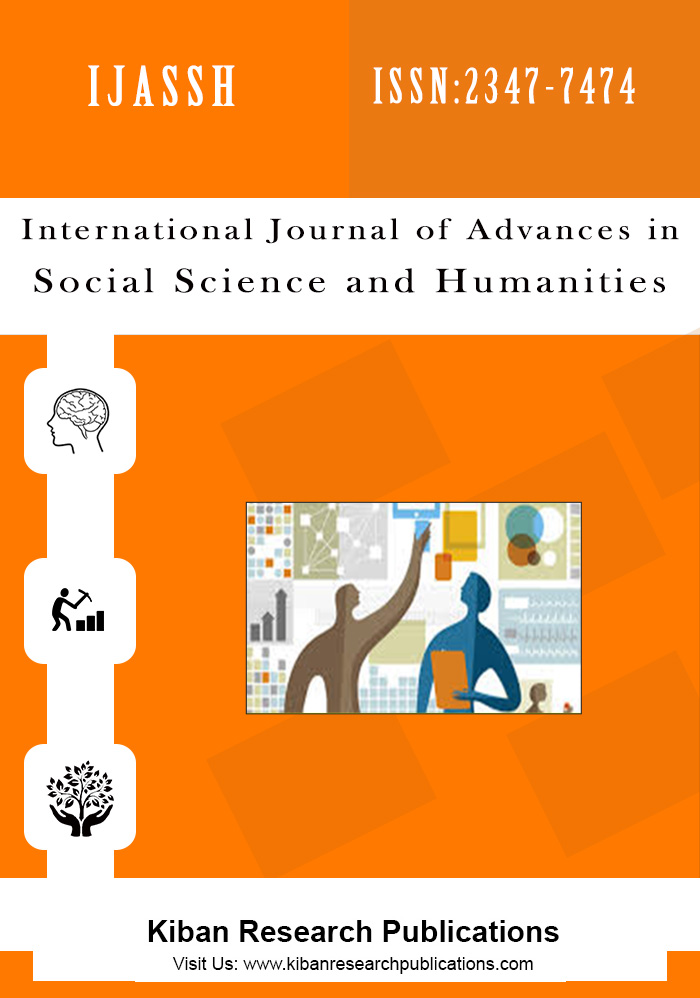Portfolio Investment versus Foreign Direct Investment: A China-US Comparative Study
Abstract
This paper investigates the costs and benefits of portfolio investment versus foreign direct investment (FDI) in a comparative study between China and the US. Recently, China‟s authorities have announced a plan to make the Reminbi fully convertible in the near future. This relaxation of the capital controls surely will benefit foreign firms, who are doing business with China and who want to transfer money easily from Chinese bank to a foreign bank. However, this raises the questions of whether or not the full convertibility benefits China. This paper shows empirical evidence that the US benefits much more from portfolio investment, which often rises sharply with full convertibility, than China does. In contrast China benefits much more from FDI, which can flourish without full convertibility, than the US does. The paper concludes that China might want to phase out its full capital convertibility slowly over time instead of implementing the process abruptly in the near future.
Â
Keywords: Capital controls, Capital liberalization, Currency convertibility, Investment




